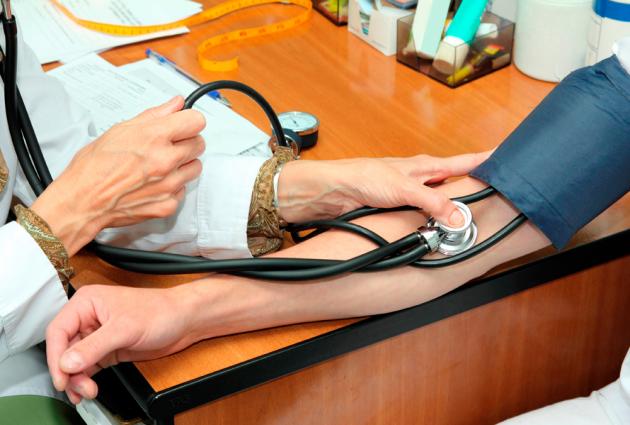About 14 percent of the Korean population suffered from high blood pressure last year.
The Health Insurance Review and Assessment Service (HIRA) said so on Friday, releasing the results of hypertension treatment status from 2019 to 2023 on the occasion of World Hypertension Day.

Analyzing the trend of hypertension treatment over the past five years, the number of high blood pressure patients increased by 14.1 percent, while medical expenses increased by 23.5 percent. By gender, men experienced a higher increase than women.
The number of male hypertension patients increased by 16.3 percent, and total annual spending rose by 31.1 percent over the five years. Female patients grew by 11.9 percent, and total annual spending climbed by 17.3 percent.
In 2023, the number of patients as a percentage of the population by age was 41.23 percent (970,314) in the 80s and above, 39.94 percent (1,844,145) in the 70s, and 31.39 percent (2,395,284) in the 60s. Notably, the proportion of patients between 20 and 40 has increased significantly over the past five years.
Last year, the most frequent comorbidities of hypertension were lipoprotein metabolism disorders and other lipidosis, accounting for 42.1 percent of the total (3.14 million people), followed by type 2 diabetes, with 11.6 percent (867,225 people), and gastroesophageal reflux disease, with 3.7 percent (278,393).
Over the past five years, the number of people with hypertension and cerebrovascular disease decreased by 6.8 percent, from 213,244 in 2019 to 198,721 in 2023, while the number of people with hypertension with cardiovascular disease increased by 6.7 percent, from 513,452 to 548,033.
"Looking at the current status of hypertension treatment over the past five years, most patients are over 50 years old, but the proportion of patients in their 20s and 40s is increasing, so we hope that hypertension can be detected and managed early through regular checkups at all ages," said Ham Myung-il, director of the Korean Studies Information Service System.
Related articles
- Covid-19 left a scar in Korea; rise of metabolic syndrome prevalence
- Korean professor named associate editor of European Journal of Preventive Cardiology
- Handok hosts symposium, marking launch of hypertension drug Aprovasc
- Smart ring for 24/7 blood pressure monitoring costs less than $5 for Korean patients

